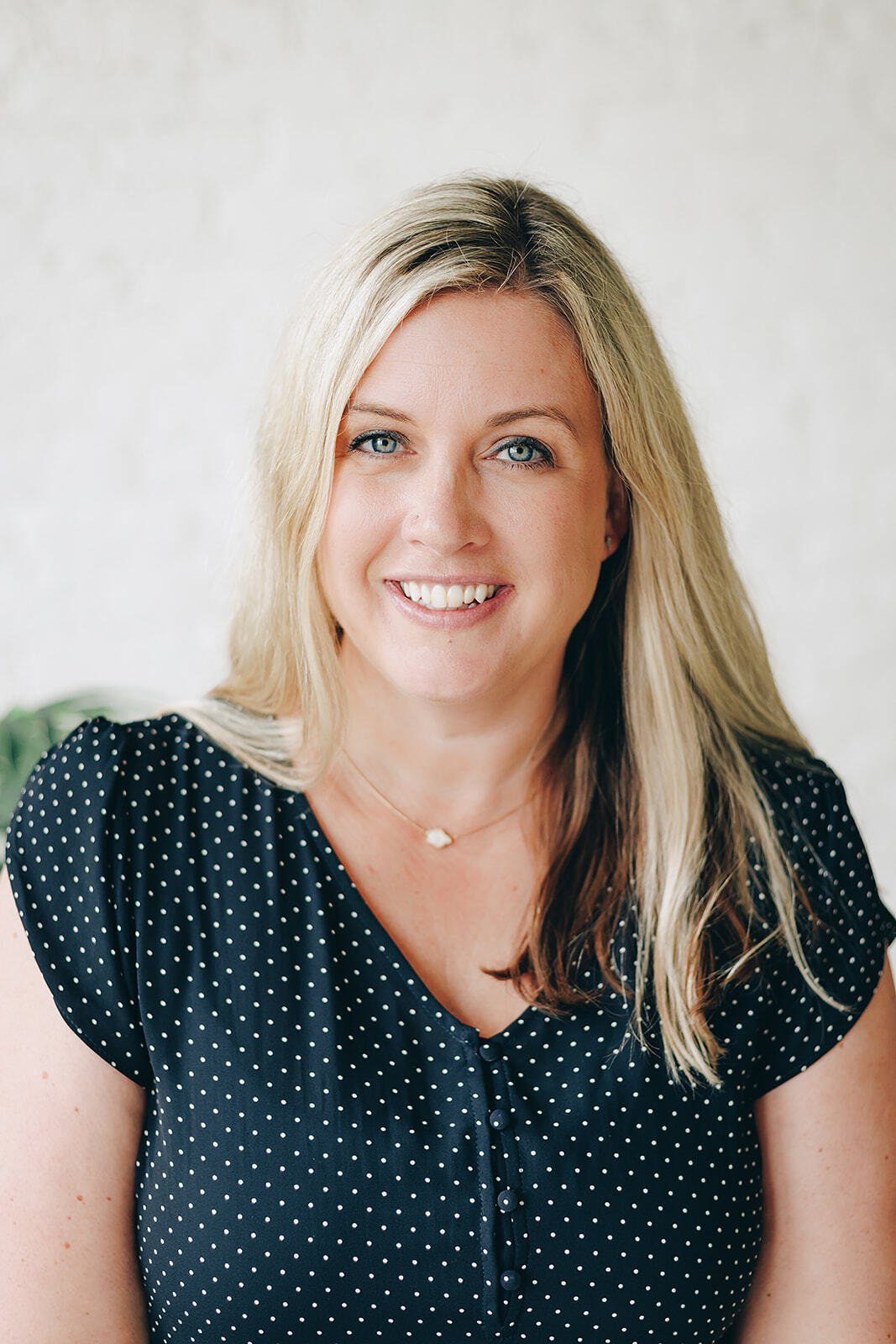Is No Credit Better Than Bad Credit?


Written by Jennifer Lyons on November 13, 2025
Reviewed by Neil Swanson, Edited by Alycia Lucio
While no credit and bad credit come with their own set of challenges (and opportunities), neither is the end of the road. The key is understanding how they differ so you can make choices that move you forward with confidence.
Generally speaking, no credit is often seen as less risky than bad credit; lenders look at a blank slate with more optimism than a history of financial struggles. Still, both positions require some strategic planning to turn today’s challenges into tomorrow’s opportunities.
No credit vs. bad credit
With no credit, lenders may be cautious but still hopeful, while bad credit signals that you’ve had difficulty managing debt in the past. Before diving into the pros and cons, let’s clarify what these terms mean.
- No credit simply means you don’t have a credit history yet. You’ve never taken out a loan, used a credit card, or otherwise given lenders information to assess your creditworthiness. You’re a financial “mystery” to lenders.
- Bad credit means you do have a credit history, but it includes negative marks, such as late payments, high debt levels, collections, or even bankruptcy, that suggest risk.
No credit: challenges and advantages
Starting from scratch can feel both frustrating and freeing. Here’s how the scales tip.
Challenges of having no credit
Limited access to traditional credit products
Without a credit history, many lenders don’t know how to evaluate you. That means it’s tougher to qualify for standard credit cards, personal loans, or a mortgage. It creates the classic catch-22: you need credit to build credit, but you can’t get credit without a history.
Higher security deposits and restrictions
Even when you do qualify, you may face extra hoops. For example, utility companies, landlords, and even cellphone providers often ask for higher security deposits if you don’t have a credit track record. Some landlords may require a co-signer or extra documentation to rent an apartment.
Missed opportunities for better rates
Without a credit history, you won’t qualify for the lowest interest rates. That means you could pay more for a mortgage, student loan refinancing, or even insurance premiums over time.
Use Zillow Home Loans’ BuyAbility tool to explore how your financial situation shapes your homebuying options. It’s a practical way to connect your financial habits today with your dreams of homeownership tomorrow.
Advantages of having no credit
Clean slate mentality
With no negative marks weighing you down, you can establish healthy habits from the very beginning. It’s a fresh start with no baggage and no mistakes to fix.
Faster path to good credit
If you use credit wisely, such as making on-time payments and keeping balances low, you could build a fair score within six to twelve months. With consistency, you might reach “good” territory in just 18-24 months.
More lender flexibility
Many lenders now use alternative data, like rent or utility payments, income, or banking activity, to assess newcomers. That means you don’t have to be locked out of opportunities just because you’re starting fresh.
Pro tip: One of the fastest ways to start building is with rent reporting. By having your on-time rent payments reported to credit bureaus, you can transform something you’re already paying into a powerful credit-building tool.
Bad credit: challenges and advantages
Having a damaged credit history can feel like an overwhelming challenge, especially when it comes to renting or buying a home, but it doesn’t mean your financial future is doomed. It just means the path is steeper.
Challenges of having bad credit
Limited access to credit
With a low score, you may only qualify for subprime lenders or secured products. While you can still buy a house with low credit, it might be harder, and you could need a co-signer or larger down payments.
Higher interest rates and fees
When you do get approved for a new line of credit, you’ll likely face much higher borrowing costs. Over time, those higher interest payments can add up to thousands of dollars; money that could have gone toward your savings or other goals.
Impact beyond lending
Bad credit doesn’t just affect your ability to borrow. It can influence rental applications, insurance premiums, and even certain job opportunities. In short, it can ripple into almost every area of your financial life. Taking steps to improve your credit can unlock new opportunities.
Longer recovery timeline
Unlike starting from zero, bad credit takes longer to repair. Negative marks like missed payments stick around for up to seven years, and bankruptcy can remain for a decade.
Advantages of having bad credit
Existing credit infrastructure
While your credit history isn’t perfect, you do already have accounts and relationships in place. That gives you a foundation to rebuild upon.
Valuable learning experience
Many people who’ve struggled with bad credit become far more financially aware. Having “been there, done that” often leads to smarter decisions moving forward.
Multiple improvement strategies
From disputing errors to consolidating debt, there are many tried-and-true ways to improve a low score. You also don’t have to tackle it alone, as there are many credit counselors and financial advisors who can guide you. (Note, however, that you should be cautious of online companies that claim they can boost your score for a fee.)
Potential for dramatic improvement
Because your starting point is lower, the gains you make can feel like a significant accomplishment. With time and consistency, bad credit can evolve into a strong financial profile that shows lenders you’ve learned and improved.
Building your next chapter
So, is no credit better than bad credit? In many ways, yes, because you’re starting with a clean slate rather than trying to repair damage. But that doesn’t mean bad credit is the end of your story. Both situations require patience, persistence, and the right strategies.
- If you’re new to credit, explore beginner-friendly tools like secured credit cards or rent reporting to start strong.
- If you’re recovering from bad credit, focus on consistent payments, responsible use of existing accounts, and a plan to tackle debt.
Either way, remember: Your credit score is not your destiny. It’s simply a snapshot that can (and will) change with the right steps. Whether you’re starting from zero or climbing back from setbacks, your credit journey is just that: A journey. Every on-time payment, every responsible choice, and every informed decision adds up to a stronger credit history.
Find an apartment you’ll love on Zillow
With Zillions of up-to-date listings and filters for your must-haves, it's easy to find your perfect apartment on Zillow Rentals.
Search rentals


